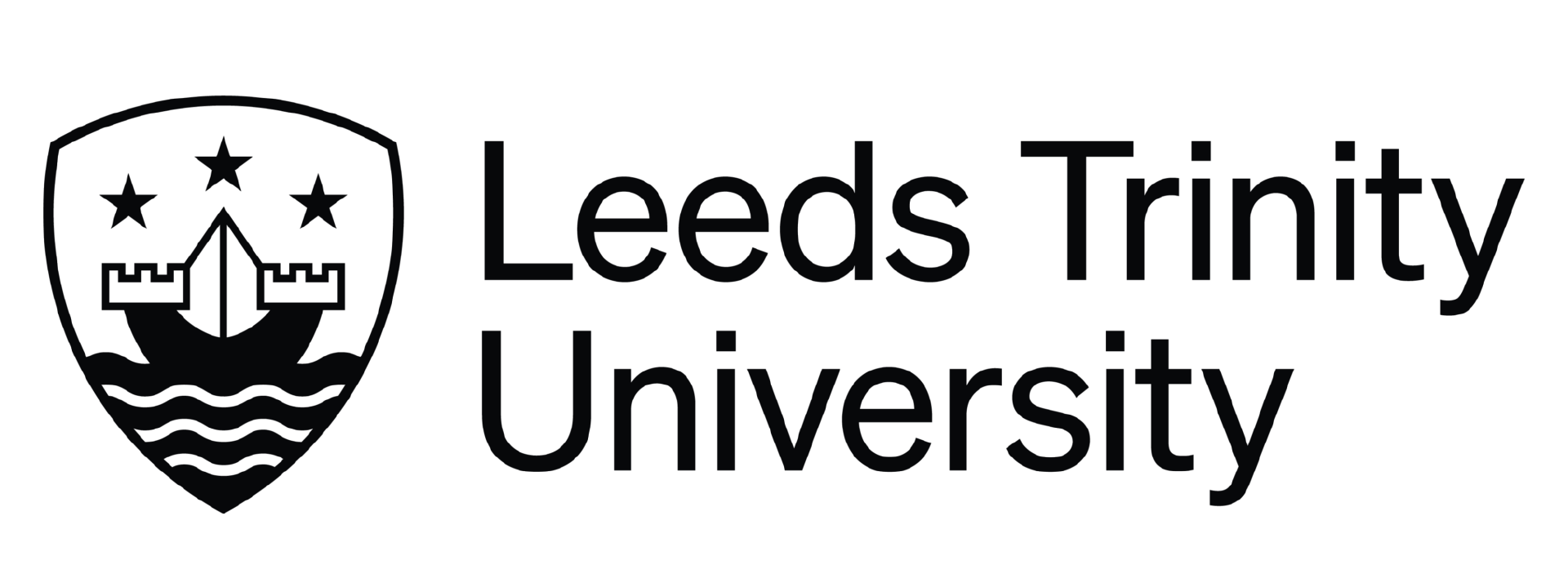Marina Tapley, Yorkshire Universities
Between September and November 2023, Policy Connect and the Skills Commission conducted a Call for Evidence to support a new inquiry ‘Skills 2030 – A World-class Skills System’. The Commission is working to develop a set of recommendations that build cross-party consensus for the reforms needed for the skills system to better meet the needs of the country. Yorkshire Universities (YU) contributed to this call for evidence through providing a case study for the Association of Graduate Careers Advisory Services (AGCAS) submission and providing insights into the first evidence session convened by Tracy Brabin, Mayor of West Yorkshire.
YU’s contributions have focused on the areas that are central to our work, collaboration and place. In relation to collaboration, we have drawn on experience from our ongoing collaborative work programme around Graduate Employment and Employability, which has involved Higher Education Institutions (HEIs) working together with Local and Combined Authorities, Local Enterprise Partnerships and employers. We also drew on insights from the developing picture of devolution across Yorkshire, including existing and emerging work with sub-regional actors to use expanding power and funding to support skills and employment in Yorkshire. Each of our contributions are outlined below.
Joint Submission with AGCAS
YU put together an overview of how Yorkshire could be seen as a regional case study for collaboration in the skills system between local and combined authorities, employers and education providers. Our contribution, as set out below, was shared with AGCAS to be included in a joint submission to the call for evidence.
What steps can be taken to improve collaboration in the skills system at the local level between local authorities, employers, and education providers?
There should be comprehensive support for existing and emerging partnerships and collaboration among a broad range of stakeholders at local, sub-regional and regional scales to address skills challenges. Empowering devolved decision making around business and employment support can allow these partnerships to take a holistic approach to support students and graduates in meeting their aspirations while helping employers to meet their skills needs.
The regional case study of Yorkshire Universities (YU)
There is ongoing work in Yorkshire to explore how collaboration can better support local skills development building on the strong links and Memorandum of Understanding between Yorkshire Universities (YU), representing twelve higher education institutions and Yorkshire and Humber Councils, which represents twenty-two Local Authorities (LAs) and two Mayoral Combined Authorities (MCAs) in Yorkshire. Existing partnership between HE, LAs, MCAs, Local Enterprise Partnerships, and employers, were strengthened through a YU Task and Finish Group on Supporting Graduate Employment and Employability.
This multi-stakeholder task and finish group developed a collaborative report outlining examples of good practice and recommendations for further collaborative action. Following the publication of this report a YU Graduate Implementation Group has been established to work on implementing the recommendations of the report, to continue facilitating collaborative initiatives and to feed into local decision making processes. Examples of related activities to date have included:
- Across the sub-regions of Yorkshire, through YU’s convening power YU has enabled skills and career experts from across our universities to inform and contribute to the development of regional policy initiatives such as the Local Skills Improvement Plans, and in West Yorkshire more specifically: the development of the Local Digital Skills Plan, the Mayoral SME Graduate Pilot Scheme and Mayoral Green Skills Taskforce.
- YU also plays direct roles in Mayoral CA Skills Committees, such as that in West Yorkshire, as well as the WYCA Business, Economy and Innovation Committee, where it is able to advocate and make the case for a connection and relationship between the supply and the demand sides in the labour market.
- YU has also been developing its capacity through a YU Data Group and sharing career registration and graduate Labour Market Information (LMI) data amongst member institutions, to produce insights and analysis with local authorities to better understand the regional skills supply and demand landscape.
As YU illustrated at the recent Skills Commission evidence session convened by Tracy Brabin, Mayor of West Yorkshire, these illustrate how regional networks can support collaboration around education, skills and employment, which could then be harnessed further to contribute towards the development of the LLE building on existing and developing structures.
Evidence session held at West Yorkshire Combined Authority
At the start of November, Policy Connect and West Yorkshire Combined Authority (WYCA) held the first evidence session for the Skills 2030 inquiry with a focus on ‘Skills and Devolution’. To feed into the evidence session YU were asked to answer:
What has the experience of higher education providers been of combined authorities gaining more power over local skills provision?
Our response set out the context that the 12 HEIs in the region work closely together through YU, with a clear vision and strategy based on collaboration. A key part of YU’s collaboration is the intention to ensure that the region harnesses the full power and extensive knowledge of our universities’ graduates and post-graduates, with nearly 75,000 HE qualifications achieved at all levels in Yorkshire each year (2021/22).
YU is an active supporter of devolution, and we believe that local areas and regions should have the increased autonomy of devolved powers and funding. There is a growing sense of maturity and accountability within the Mayoral Combined Authority model and, while more could be done to accelerate this, there is a strong basis for national government to trust and build long-term, strategic partnerships with devolved authorities.
The journey towards the devolution of local skills provision in England has been slow. The devolution of the Adult Education Budget (AEB) has been positive step, but we have not been as closely involved in the delivery aspects of AEB as our colleagues in the FE sector. One of our frustrations has been that, when devolved authorities have been building and strengthening local partnerships and systems around skills, new national initiatives are introduced with seemingly little advance consultation.
In the main, HE in England is determined and funded nationally, and that won’t change for the foreseeable future. However, how skills are acquired, developed, improved, and utilised in functional economies has a strong place-based dimension, and this is essential to improve productivity and participation in localities and regions. There are many opportunities for joint working between HEIs, local decision makers, and businesses to support high-skilled employment, using devolved powers over skills, as well as business and employment support.
It is important that mayoral combined authorities’ approach to supporting skills in their area considers connections across all parts of the broader skills ecosystem to encourage a joined-up approach and facilitate collaboration towards shared aims. Avoiding further competition or fragmentation between parts of the post-16 system, such as further entrenching a false divide between academic and technical pathways, will be essential for developing a more flexible and responsive system that facilitates lifelong learning.
Partnership working can support a holistic approach to supporting students and graduates in meeting their aspirations while helping employers to meet their skills needs. Such collaborative working has been supported by YU in Yorkshire though the implementation of a collaborative multi-stakeholder workstream on Supporting Graduate Employment and Employability, which connects into the employment, skills and business support functions of combined authorities. We have been able to work with the West Yorkshire Combined Authority to devise pilot schemes, using Gainshare funding, that will hopefully help better connect the region’s graduates into employment opportunities to work for SMEs, which are the overwhelming backbone of the West Yorkshire economy.












